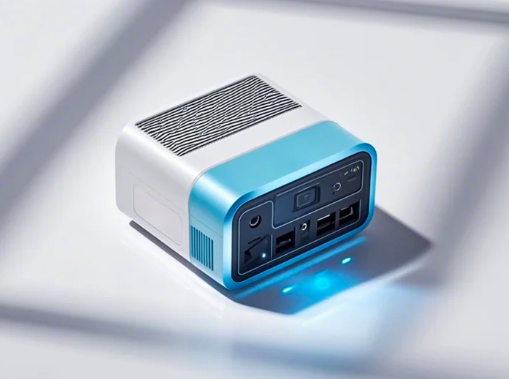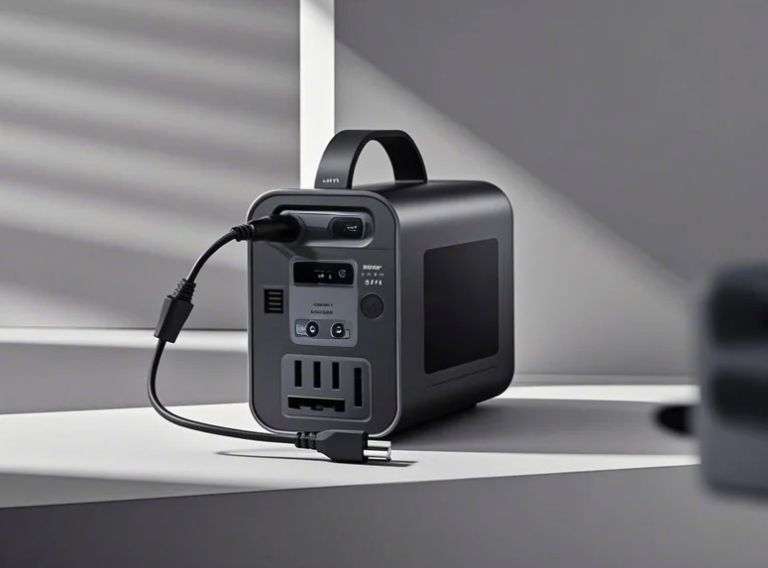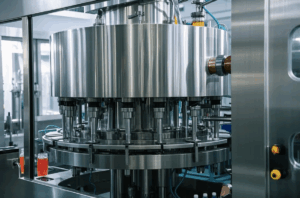In today’s world, technology is constantly evolving, and the demand for compact, efficient, and reliable computing devices is increasing. One such device that has gained popularity in recent years is the fanless embedded PC. A fanless embedded PC is a small, highly integrated computer system that does not require a fan or any other form of active cooling to operate. It is designed for use in embedded systems, industrial applications, and other environments where size, noise, and reliability are crucial considerations.
The main advantage of a fanless embedded PC is its silent operation. Since it does not have a fan, it does not generate any noise, making it ideal for use in quiet environments such as libraries, offices, or residential settings. Additionally, the lack of a fan means that there are fewer moving parts, reducing the potential for mechanical failures and increasing the system’s reliability.

Another advantage of fanless embedded PCs is their small size. These computers are designed to be as compact as possible, making them ideal for use in limited spaces or where space is a premium. This compact size also makes them easy to integrate into larger systems or devices, allowing for seamless integration into existing infrastructure.
Fanless embedded PCs are also energy efficient. Due to their optimized design and highly efficient components, these computers consume significantly less power than traditional desktop computers. This makes them a good choice for use in power-sensitive environments, such as remote locations or battery-powered devices, where energy conservation is crucial.
When it comes to performance, fanless embedded PCs are designed to be powerful yet efficient. While they may not offer the same level of processing power as a traditional desktop computer, they are capable of handling most common computing tasks, including office productivity, web browsing, and media playback. Their performance is sufficient for most embedded applications that require basic computing capabilities.
Fanless embedded PCs are also highly customizable, allowing users to choose the exact hardware configuration that meets their specific needs. This flexibility allows for easy integration into diverse applications, from industrial control systems to kiosks and point-of-sale terminals. Customization options include processors, memory, storage, and expansion slots, enabling developers to create systems tailored to their specific requirements.
In conclusion, fanless embedded PCs offer a unique combination of compact size, silent operation, energy efficiency, and customizability that makes them an excellent choice for a variety of applications. Whether you need a reliable solution for an industrial automation system or a quiet computing option for your office or residential setting, a fanless embedded PC may be the perfect solution. As technology continues to advance, we can expect to see more innovative and advanced fanless embedded PCs that will further enhance our computing experiences.
0









